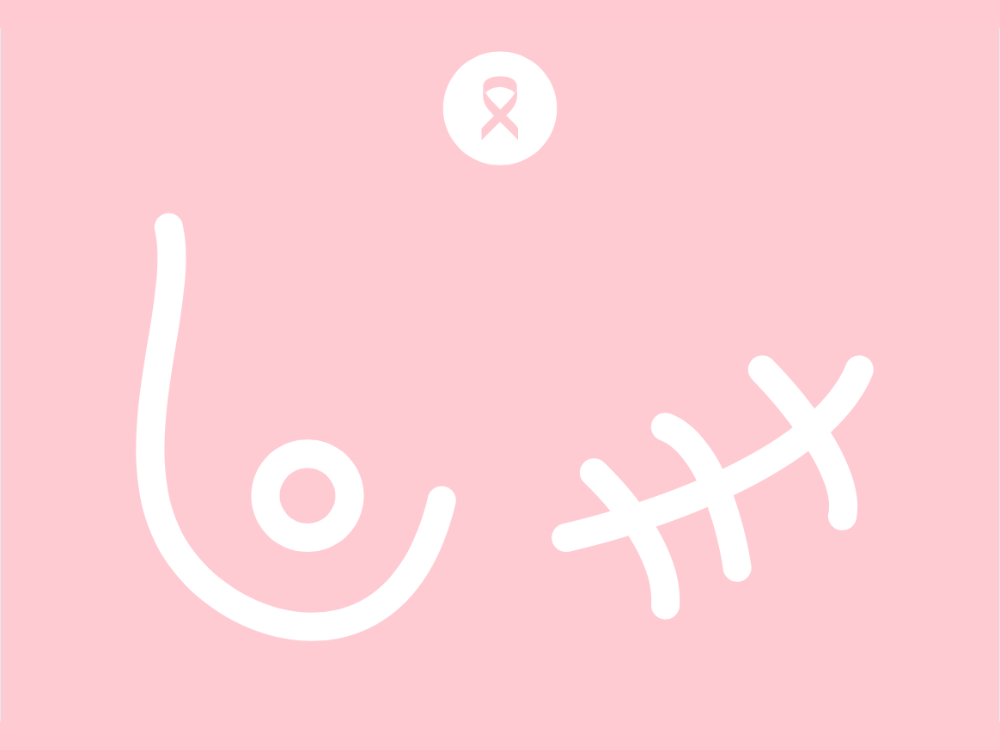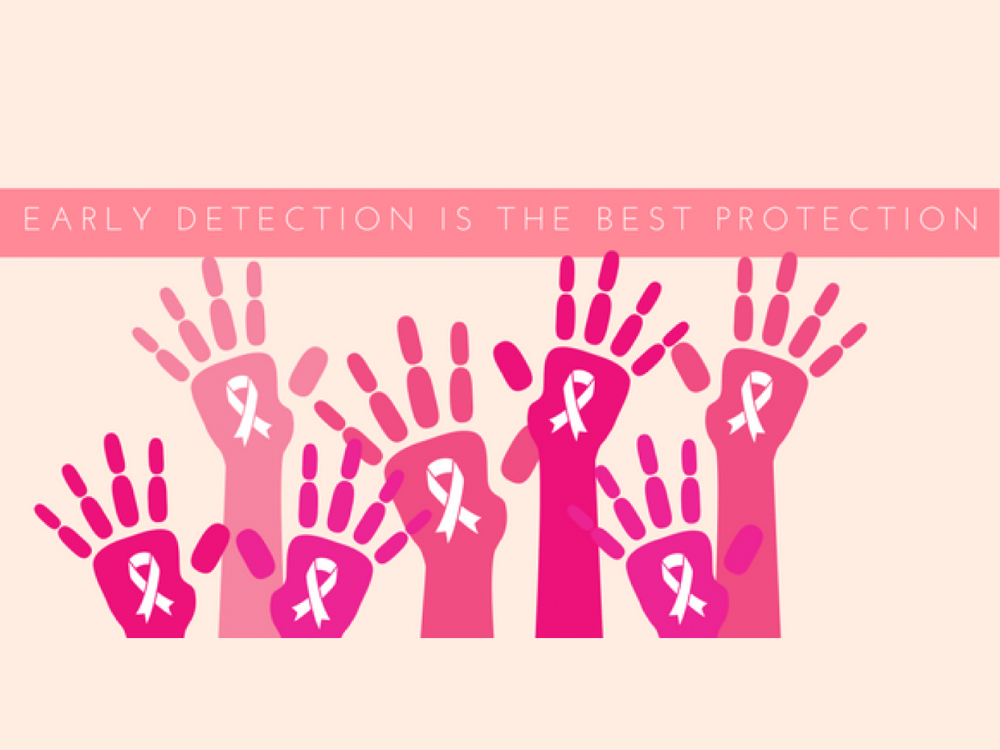“When you are a mother, you are never really alone in your thoughts. A mother always has to think twice, once for herself and once for her child.”
A women’s body goes through major transformations when she enters into motherhood. With motherhood, comes the joy of breastfeeding and developing an intimate bond with your child. Therefore, a new mother needs to be aware about Breast Cancer. New mothers ignore lumps in their breast assuming that they are just blocked milk ducts that need immediate attention. Diagnosis of breast cancer in breastfeeding mothers can get delayed as the symptoms are very similar to the causes of nursing.
5 SIGNS TO LOOK FOR WHEN BREASTFEEDING:

1. MASTITIS: The most common form of infection that occurs during breastfeeding is mastitis which is an inflammation of breast tissues. The possible causes are a blocked milk duct or bacteria entering the breast and it usually occurs within the first three months of breast-feeding. The key signs of mastitis are- breast tenderness, swelling, pain and fever.

2. INVASIVE DUCTAL CARCINOMA (IDC): IDC is cancer that begins growing in a milk duct and invades through the fibrous or fatty tissue of the breast outside of the duct. IDC is the most common form of breast cancer, representing 80 % of all breast cancer diagnoses. Some of the symptoms for IDC include- rash or redness on your breast, swelling in your breast, pain in your breast, to name a few. An early diagnosis can help in an effective course of treatment and a higher survival rate.

3. BE OBSERVANT: No one understands your body better than you so it's imperative that you pay attention to every small change that takes place in your body. While some experts say that any hard masses that don't hurt must be checked, any lumps and bumps that won't shift should be looked over by the professionals. It is always important to assess and understand the signals your body may be giving you.

4. UNUSUAL DISCHARGE: While a watery or milky discharge is normal during breastfeeding, an excessive discharge for a longer period of time can be a sign of alarm. Make sure you consult your doctor without any delay in such cases.
5. SWELLING: It is common to have a full of engorged breast due to the excessive milk supply in the first few months of becoming a mother. Once an infant has developed a feeding routine, your body supplies milk only as per requirement. So any unusual swelling of all or any part of breasts should be paid attention to.




